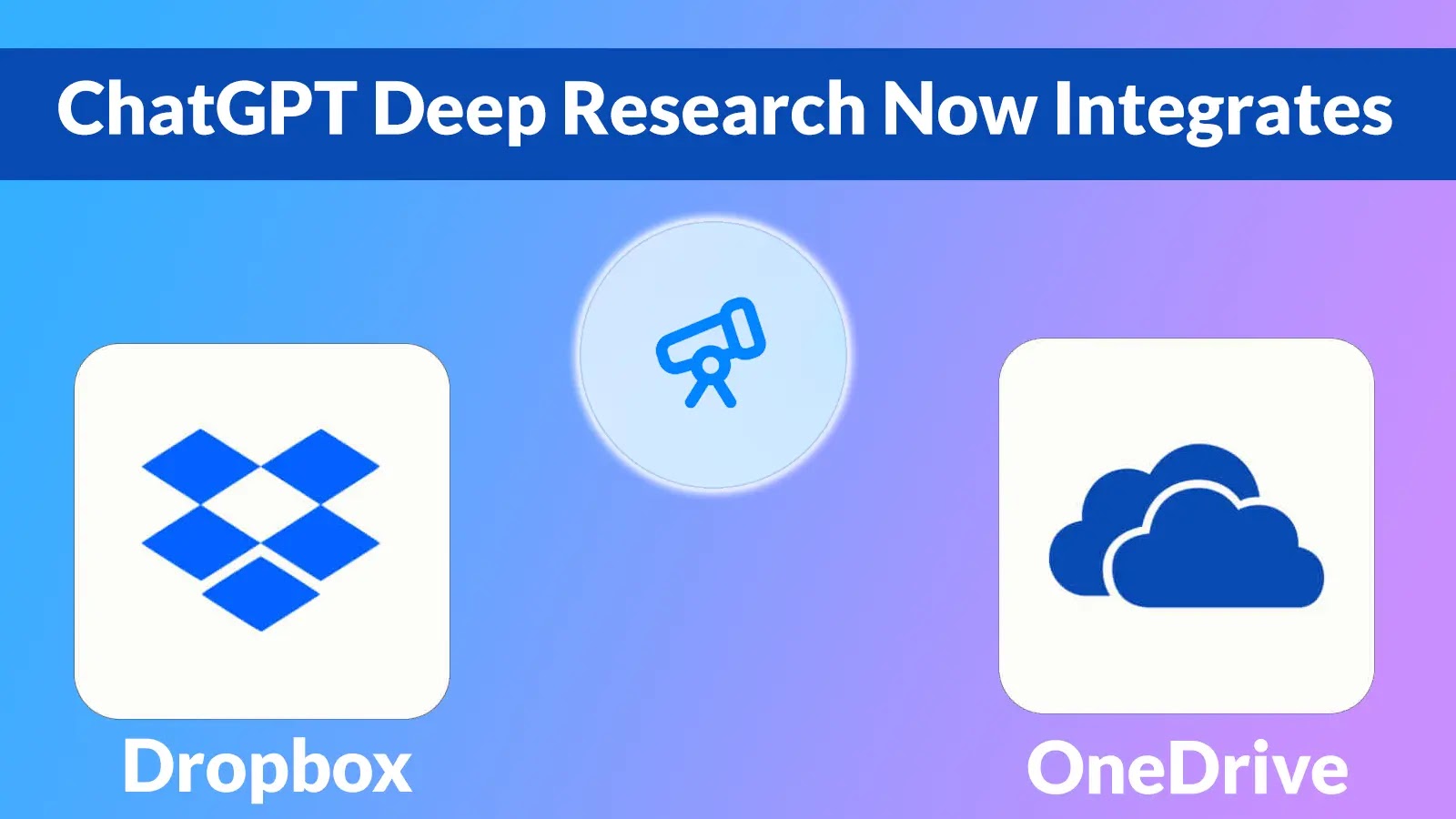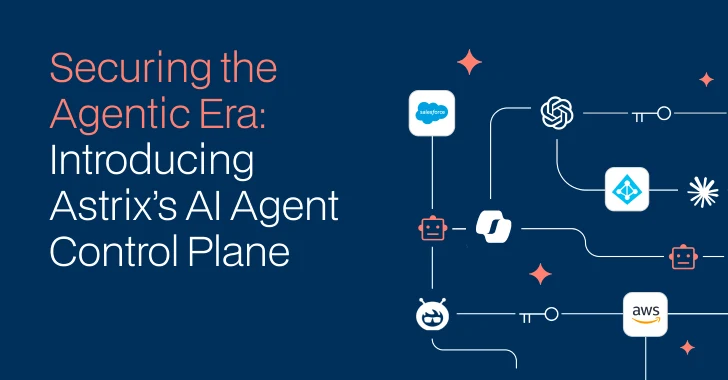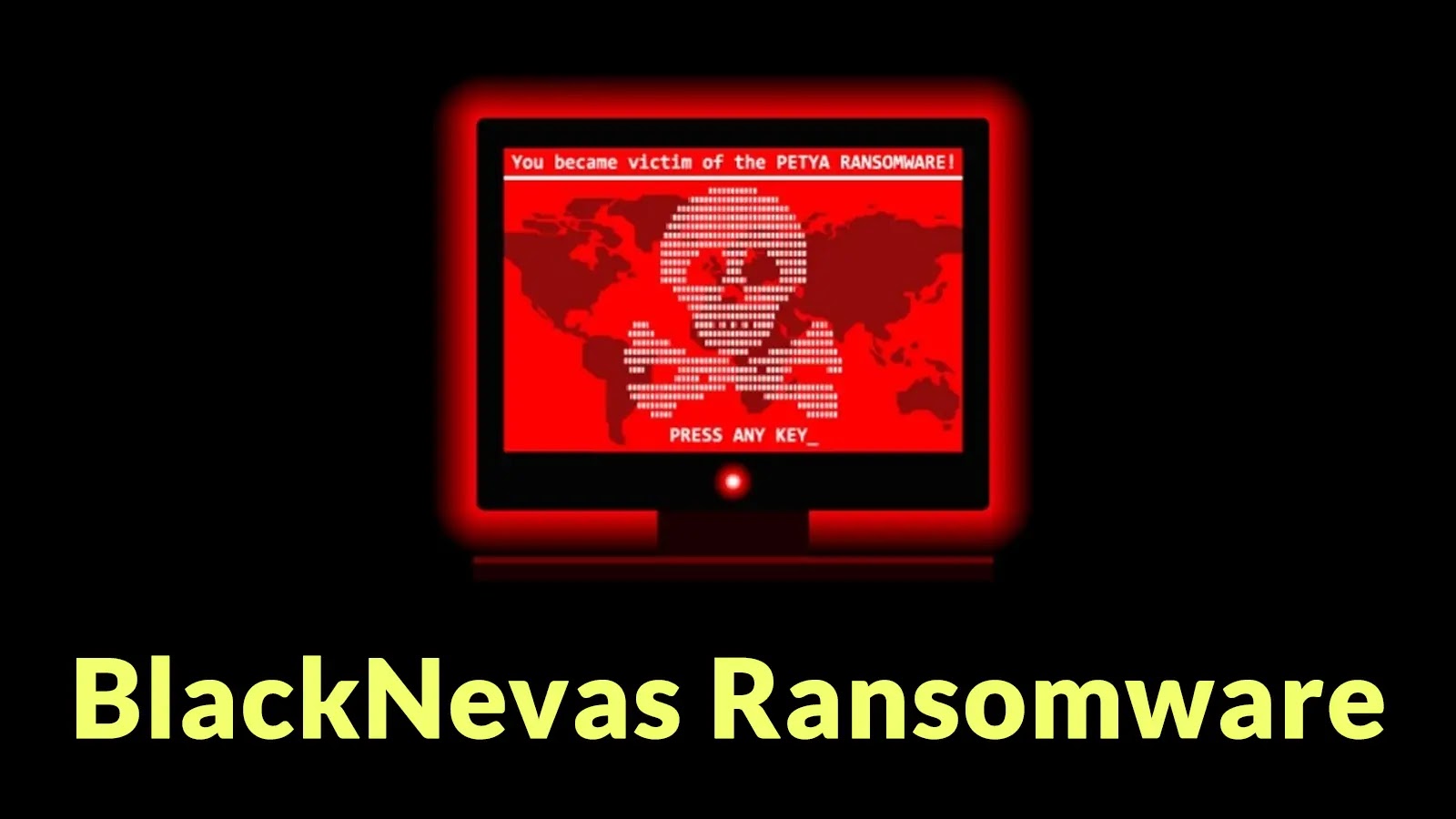OpenAI has recently expanded ChatGPT’s deep research capabilities by integrating with leading cloud storage services, including Dropbox and Microsoft OneDrive. This advancement allows users to seamlessly query and analyze documents stored in these platforms directly through the ChatGPT interface, streamlining workflows and enhancing productivity.
Seamless Integration with Cloud Storage
The new deep research connectors enable real-time access to user files across multiple third-party applications. Users can now pose natural language queries such as Show me the latest customer feedback deck to search through Dropbox files or Where’s the backend logic for image uploads? to examine GitHub repositories. ChatGPT automatically retrieves and analyzes relevant content, eliminating the need to switch between applications.
Addressing User Needs
OpenAI researchers identified the necessity for this integration after observing user behavior patterns that frequently involved toggling between multiple applications to gather information for AI-assisted analysis. By bringing external data sources directly into the conversational AI environment, this implementation addresses a significant friction point, enhancing user experience and efficiency.
Technical Implementation and Availability
The connector system operates through a secure authentication framework that requires explicit user permission for each connected service. The integration process involves three straightforward steps:
1. Selecting Deep Research from the ChatGPT composer.
2. Choosing a data source from the dropdown menu.
3. Completing the sign-in and permission granting process.
Organizations with administrative oversight can manage these connections through Settings → Connected apps → Connectors.
Currently, the feature supports five major platforms: Box, Dropbox, GitHub, Microsoft OneDrive, and Microsoft SharePoint. However, availability varies across subscription tiers. The connectors are exclusively available for Team, Education, and Enterprise plans, with a Coming soon designation for these premium tiers. Notably, Plus and Pro users currently lack access to this functionality, and users in the European Economic Area, Switzerland, and the United Kingdom face additional restrictions on certain connectors marked with asterisks.
Privacy and Security Considerations
From a privacy perspective, OpenAI emphasizes that the system does not sync or permanently store user files. Instead, it employs keyword-based search queries sent to connected third-party services, retrieving and analyzing documents in real-time while maintaining existing permission structures and visibility settings.
User Control and Data Sharing
Despite these assurances, some users have expressed concerns regarding data privacy, particularly with the integration of third-party AI services. For instance, Dropbox’s partnership with OpenAI has raised questions about data sharing practices. Dropbox clarified that user data is only shared with OpenAI when the feature is actively used and assured that this data isn’t used to train AI models, being deleted within 30 days. Additionally, users have the option to disable the ‘third-party AI’ setting within their account settings, allowing those uncomfortable with their files being shared with OpenAI to opt out.
Conclusion
The integration of ChatGPT’s deep research capabilities with cloud storage services like Dropbox and OneDrive marks a significant advancement in AI-assisted data analysis. By enabling seamless access to stored documents, users can enhance their productivity and streamline workflows. However, it’s crucial for users to be aware of data privacy considerations and exercise control over their data sharing preferences to ensure a secure and efficient experience.



